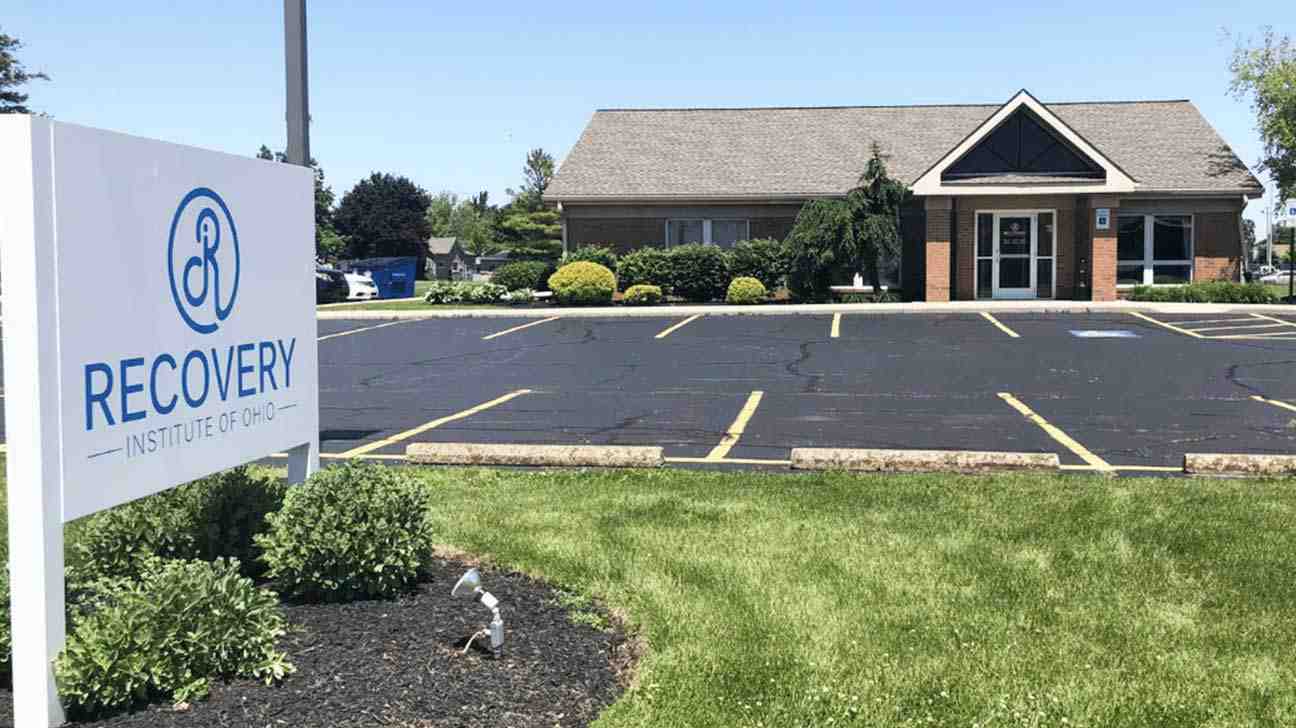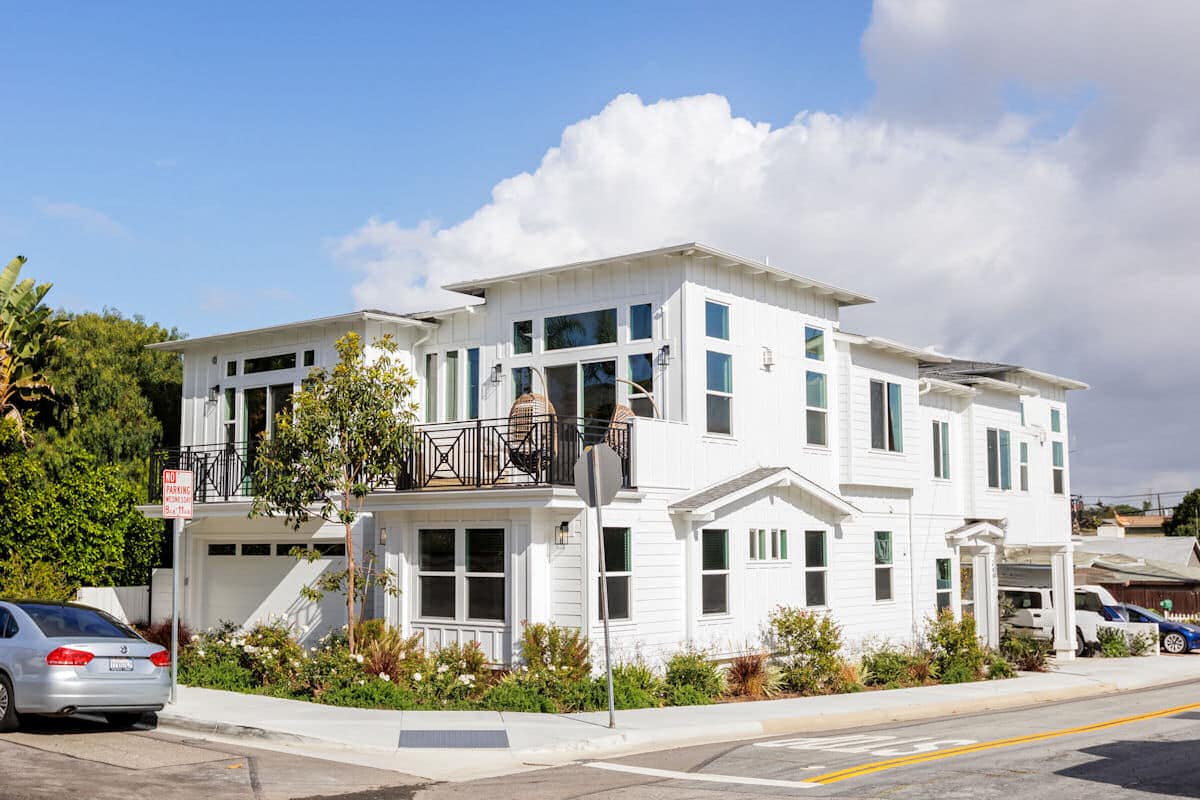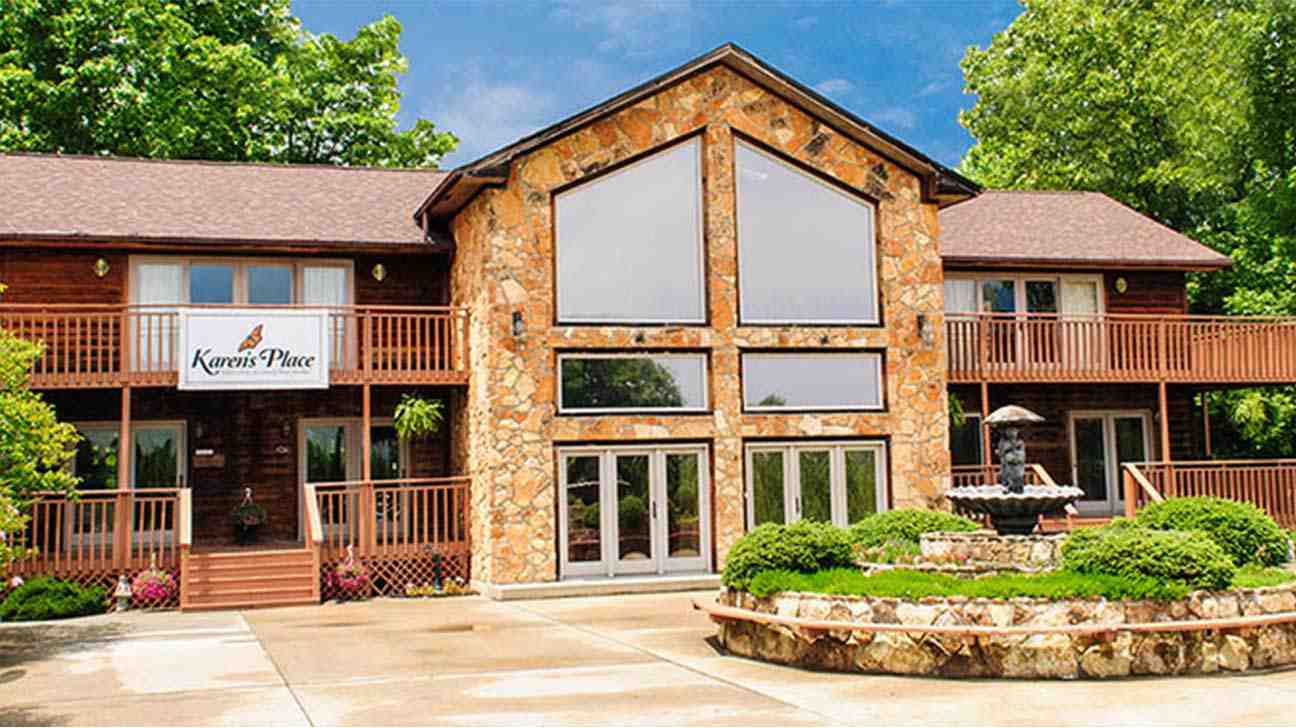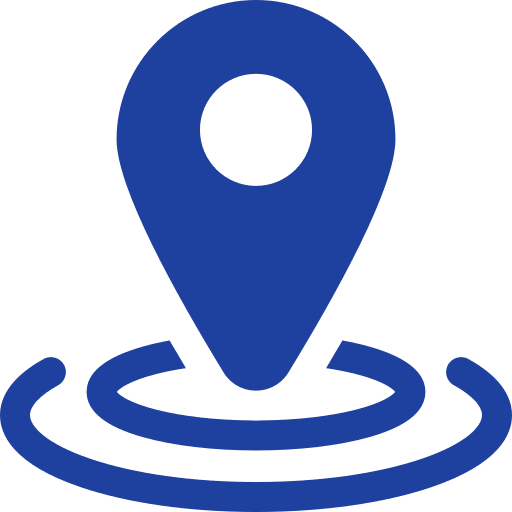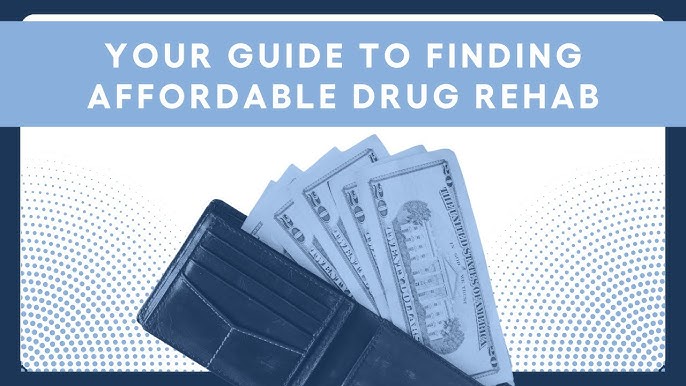
Why the Cost of Treatment Shouldn’t Stand in Your Way
Affordable drug rehab options are available across the United States through multiple pathways:
- State-funded programs – Free or low-cost treatment through government resources
- Medicaid/Medicare – Coverage for eligible individuals under federal health programs
- Nonprofit organizations – Charitable facilities funded by donations and grants
- Sliding-scale fees – Income-based pricing at many private centers
- Faith-based programs – Community-supported recovery programs
- VA benefits – Comprehensive coverage for eligible veterans
In 2021, an estimated 46.3 million Americans aged 12 or older struggled with substance use disorder. Many never seek help, often because they believe they can’t afford treatment. The reality is that the financial barrier is real, but it’s not impossible.
While some private rehabs charge tens of thousands of dollars, free and low-cost options exist in every state. These programs receive funding from federal grants, state resources, and charitable donations to ensure that anyone who needs help can access it.
Many people don’t realize the long-term cost of addiction—in healthcare expenses, legal issues, and lost income—far exceeds the investment in treatment. The U.S. spends over $740 billion annually on costs related to addiction. For individuals, the math is equally stark.
You don’t need luxury amenities to recover. State-funded and nonprofit facilities provide the evidence-based treatments that work: medical detox, counseling, group therapy, and aftercare planning. The quality of care is determined by licensed staff and proven treatment approaches, not resort-style settings.
This article provides seven practical strategies for finding treatment that fits your financial situation. At Addiction Helpline America, we connect individuals with appropriate treatment resources regardless of their financial circumstances, including guiding thousands toward affordable drug rehab options that match their needs.
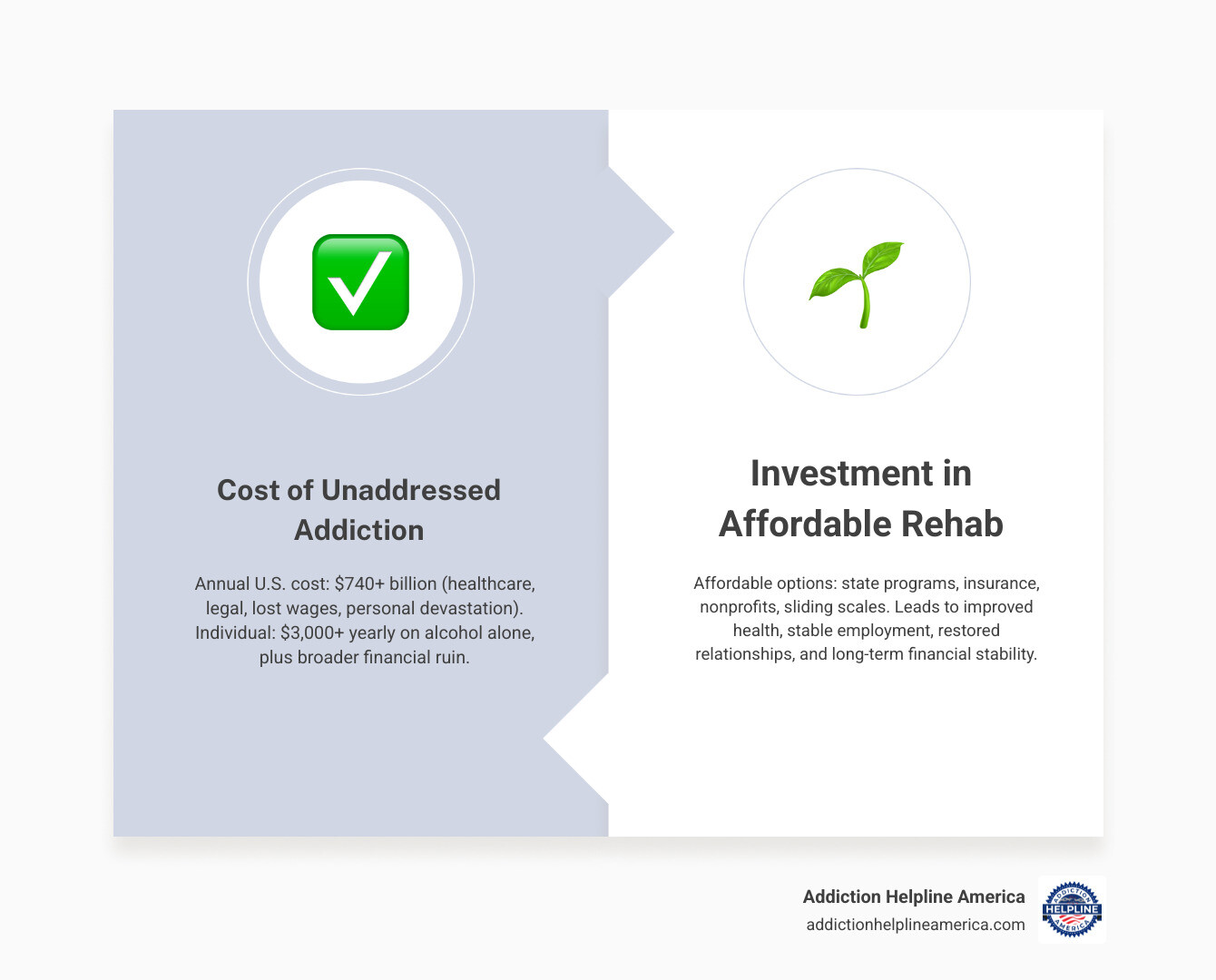
Affordable drug rehab terms made easy:
- how to find rehab programs that accept insurance
- how to find a drug rehab facility
- Drug treatment options
Tip 1: Understand What Drives Rehab Costs
To find affordable drug rehab, it helps to know what drives the price so you can make smart choices about what you need versus what you can live without. The main factors affecting cost are:
Inpatient vs. Outpatient Treatment: This is the biggest factor. Inpatient (residential) programs require you to live at the facility, so the cost includes 24/7 care, lodging, and meals. This makes it the most intensive and expensive option. Outpatient programs cost significantly less because you live at home and attend scheduled therapy sessions, eliminating room and board expenses. The right choice depends on your addiction severity and support needs. Our guide on Inpatient vs Outpatient Rehab can help you decide.
Program Length: A 30-day program costs less than a 90-day one, but research shows that longer treatment often leads to better long-term outcomes. A longer program might be a smarter financial choice if it prevents relapse and the need for future treatment.
Location: Just like housing, a rehab center in a major city will cost more than one in a rural area due to higher operating expenses. Being willing to travel can open up more affordable, high-quality options.
Amenities: Luxury facilities with private rooms, gourmet meals, and spa-like services can cost tens of thousands per month. These comforts are not necessary for recovery. The evidence-based therapies—individual and group counseling, peer support, and structured programming—are what truly help you get sober. Basic facilities focusing on these core treatments are just as effective.
Medical Needs: If you require medically supervised detox or Medication-Assisted Treatment (MAT) for opioid addiction, this will add to the cost. These services require licensed medical staff and medications but are often essential for a safe and successful recovery.
Tip 2: Leverage Insurance and Government Funding
You likely have access to treatment coverage through private insurance, government programs, or federal grants. These funding streams exist to make affordable drug rehab accessible.
Use Your Health Insurance Wisely
If you have health insurance, it probably covers addiction treatment. The Affordable Care Act (ACA) requires most health plans to cover substance use disorder treatment as an essential health benefit. Insurers cannot deny you coverage for a pre-existing addiction.
First, verify your benefits. Call your insurance company or ask the rehab facility’s admissions team to check your coverage for you. You need to understand your deductible, co-pays, and out-of-pocket maximums. We help people clarify their plans every day. For more details, see our guide on Does Insurance Cover Rehab?. Even with insurance, expect some out-of-pocket costs.
Call Now – Your Journey to Recovery Begins Today!

Take the first step towards a healthier life! Call now to connect with our compassionate team and start your recovery journey today. Your path to healing awaits!
Our recovery specialists are available 24/7 to provide support, and all calls are confidential and free. Reach out anytime – we’re here to help!
Explore Medicaid and Medicare Options
If you have a limited income, Medicaid and Medicare can provide access to affordable drug rehab.
Medicaid is a federal-state program for low-income individuals. Substance use disorder treatment is a covered benefit in participating states. Eligibility and costs vary by state, so check your state’s specific program.
Medicare covers addiction treatment for those 65 or older or younger individuals with qualifying disabilities. It includes inpatient and outpatient services, detox, counseling, and MAT. Not all facilities accept these plans, so you must ask upfront. Many quality centers do, and our resource on Drug Rehab Centers in Alabama That Accept Medicaid can help you find them.
Check for State and Federal Grants
State and federal governments invest billions annually in addiction treatment.
State-funded programs in every state offer free or low-cost treatment, prioritizing those with low income and no private insurance. Your state’s Department of Health Services (or a similar agency like California’s Department of Health Care Services) can explain program eligibility and how to apply. Be aware that some programs may have waiting lists.
Federal grants from the Substance Abuse and Mental Health Services Administration (SAMHSA) fund local treatment providers. The State Opioid Response (SOR) grants and the Substance Abuse Prevention and Treatment (SAPT) Block Grant support a wide range of free and sliding-scale services in your community.
County health departments also often operate or know about local, low-cost treatment services. A quick call can uncover nearby resources you didn’t know existed.
Tip 3: Explore Different Types of Low-Cost Programs
When cost is a concern, look beyond private facilities. Some of the most effective affordable drug rehab programs are run by organizations whose mission is helping people, not making a profit.

Find a Nonprofit or Community-Based Affordable Drug Rehab
Nonprofit and community-based organizations are often the unsung heroes of addiction treatment. Their funding structure makes all the difference.
Unlike private rehabs that rely on patient fees, nonprofits are supported by donations, grants, and volunteers. This allows them to offer evidence-based treatments—counseling, group therapy, and aftercare planning—at a fraction of the cost or for free.
Well-known charitable organizations have been doing this work for decades, often combining spiritual recovery with practical therapy to create structure. Many faith-based programs also offer residential and outpatient support, funded through their communities and charitable giving.
Community-based programs are deeply connected to their neighborhoods and understand local needs. The trade-off is a focus on core recovery services over amenities. You will find genuine peer support and a strong sense of shared experience from people invested in your success.
Compare State-Funded vs. Privately-Funded Rehab
Both state-funded and privately-funded programs can provide excellent care, but they operate differently. Understanding these differences helps you choose the right path.
State-funded centers get resources from government sources, allowing them to offer treatment at little or no cost, often using sliding-scale fees based on your income. Eligibility requirements are specific: you’ll typically need to prove residency, demonstrate financial need, and show you lack private insurance. These programs often have waiting lists due to high demand.
Privately-funded facilities rely on patient payments and insurance, so they generally charge higher fees. The upside is accessibility; if you can afford the fees or have coverage, you can usually get in quickly without strict eligibility criteria.
Regarding services, both types provide core treatments like detox, counseling, and aftercare planning. The main difference is in amenities. State-funded centers offer clean, functional spaces, while private centers can range from comfortable to luxurious. However, the quality of your recovery depends on your commitment and the quality of the clinical care, not the luxury of the surroundings. State-funded programs deliver on what matters most, making them an effective and affordable drug rehab option.
Tip 4: Find Programs for Specific Populations
Some of the most effective affordable drug rehab programs are designed for people in unique circumstances. If you’re a veteran, pregnant, or part of another priority group, specialized support may be available.
Resources for Veterans and Military Families
Veterans have earned comprehensive support for addiction treatment.
The Department of Veterans Affairs (VA) provides extensive benefits for eligible veterans, covering inpatient, outpatient, and medication-assisted treatment. Contact the VA to explore what you qualify for. They can connect you to VA facilities or approved community care providers.
TRICARE, the healthcare program for military families, also covers significant portions of addiction treatment costs. Verify your TRICARE benefits to understand what services are included.
Beyond government programs, many nonprofits focus specifically on veterans, often combining peer support from fellow service members with professional counseling.
Support for Other Priority Groups
State-funded and nonprofit programs often prioritize certain populations who face exceptional barriers to treatment.
- Pregnant women consistently receive priority access due to the severe risks of untreated substance use to both mother and child.
- Intravenous drug users are often prioritized to address heightened risks of infectious diseases like HIV and hepatitis.
- Individuals experiencing homelessness are targeted for outreach and subsidized treatment to overcome barriers like lack of a permanent address or transportation.
Other priority groups may include adolescents, people with co-occurring mental health disorders, individuals in the criminal justice system, and LGBTQ+ individuals.
If you fit into one of these categories, mention it when you inquire about affordable drug rehab options. This isn’t about gaming the system; it’s about accessing specialized support that exists for your circumstances. Check with your state or county health department to learn about their specific priority lists. At Addiction Helpline America, we can help you identify if you qualify for priority access.
Call Now – Your Journey to Recovery Begins Today!

Take the first step towards a healthier life! Call now to connect with our compassionate team and start your recovery journey today. Your path to healing awaits!
Our recovery specialists are available 24/7 to provide support, and all calls are confidential and free. Reach out anytime – we’re here to help!
Tip 5: Use Free Resources to Find and Vet Facilities
The internet and national helplines offer a wealth of free resources to help you find and evaluate affordable drug rehab centers. These trusted, confidential tools can guide your search.

Use National Directories and Helplines
These tools can simplify your search while protecting your privacy.
SAMHSA’s National Helpline at 1-800-662-HELP (4357) is a free, confidential, 224/7 service that provides treatment referrals and information. Learn more at SAMHSA’s National Helpline.
FindTreatment.gov is a comprehensive online directory authorized by the 21st Century Cures Act. You can filter facilities by location, services, payment options, and special programs to easily compare options.
Once you identify potential facilities, vet them properly. Confirm the facility is licensed and certified by your state’s regulatory agency. Look for accreditations from respected organizations like CARF or The Joint Commission, which signal a commitment to high-quality, evidence-based care. Also, inquire about the qualifications of the staff and the staff-to-client ratio.
If you are in crisis, call or text the 988 Suicide & Crisis Lifeline at 988 for free, confidential support. For more tools, see our Free Addiction Resources page.
Know What to Expect from an Affordable Drug Rehab Program
Affordable drug rehab does not mean inferior care. The cost of a program doesn’t determine its effectiveness—the quality of treatment and commitment to evidence-based practices do.
What makes treatment work are the core therapeutic elements, which are present in state-funded, nonprofit, and community-based programs. You can expect these essential services:
- A thorough intake assessment to create an individualized treatment plan.
- Detoxification services, which may be on-site or through a referral to a specialized medical facility.
- Individual and group counseling to address the root causes of addiction and develop coping skills.
- Peer support groups like 12-step programs to build community and accountability.
- Education about addiction as a chronic brain disease.
- Aftercare planning to connect you with ongoing support like outpatient counseling, sober living, and employment assistance.
While you may not find luxury amenities, you will find a clean, safe, and supportive environment focused on healing. The rehabilitation process itself—the work of recovery—is consistent regardless of the setting. Learn more about what the process involves on our Drug Rehab page.
Tip 6: Ask About Flexible Payment Options
Even if you don’t qualify for free programs or have limited insurance, most affordable drug rehab centers want to help you find a way to pay for treatment. The key is to ask.
Admissions teams deal with financial concerns daily and are trained to explore every option. Don’t assume you can’t afford care without making the call. Ask about these possibilities:
Sliding-scale fees: Many facilities adjust the cost of treatment based on your household income and family size. You’ll need to provide financial documentation, but this can lead to significantly reduced rates.
Payment plans: Many centers allow you to spread the cost over several months or years, turning a large sum into manageable monthly payments. Some offer in-house financing without credit checks.
Scholarship programs: Many nonprofit facilities and foundations offer scholarships that can cover a substantial portion of your treatment cost. It never hurts to ask if a facility offers them or knows of organizations that do.
Negotiation: If a quoted price is out of reach, have an honest conversation with the billing department. Explain your financial situation and what you can afford. Facilities would often rather work with you than turn you away.
At Addiction Helpline America, we help people steer these financial conversations. Finding affordable drug rehab is about securing quality care that won’t cause financial devastation.
Tip 7: Consider Outpatient and Telehealth Alternatives
If leaving your job, family, or home for residential care feels impossible, you still have excellent options. Affordable drug rehab doesn’t always mean a 30- to 90-day inpatient stay.
Outpatient programs offer effective treatment at a fraction of the cost of residential care. Because you aren’t paying for lodging and 24/7 supervision, these programs are inherently more budget-friendly. You attend scheduled therapy sessions and return home, allowing you to continue working and caring for your family. This flexibility helps you apply new coping skills in your real-world environment. For a deeper look, visit our guide on Outpatient Addiction Treatment Programs.
Telehealth has made treatment more accessible than ever. Virtual recovery programs allow you to connect with licensed therapists and counselors from anywhere with an internet connection. You receive the same quality care—individual therapy, group sessions, and medication management—through a screen.
Call Now – Your Journey to Recovery Begins Today!

Take the first step towards a healthier life! Call now to connect with our compassionate team and start your recovery journey today. Your path to healing awaits!
Our recovery specialists are available 24/7 to provide support, and all calls are confidential and free. Reach out anytime – we’re here to help!
The financial advantages are clear: no travel or childcare costs and less time off work. Telehealth also removes barriers for those in rural areas or with mobility challenges. Research shows that for many people, telehealth counseling is just as effective as in-person therapy.
These alternatives make affordable drug rehab work within the reality of your life. When treatment is flexible and accessible, you’re more likely to start it, stick with it, and succeed.
Frequently Asked Questions about Affordable Rehab
Here are answers to the most common questions we hear about finding affordable drug rehab.
Does ‘affordable’ or ‘free’ rehab mean lower quality care?
No. This is the biggest misconception. The quality of care is determined by licensed professionals, evidence-based therapies, and a commitment to your recovery—not by what you pay. The difference is in the funding. State-funded and nonprofit centers receive money from government grants and donations, allowing them to provide the same core treatments without passing the full cost to you. You may not get luxury amenities, but you will get the effective care that matters for long-term sobriety.
What services are typically included in a free rehab program?
Free or low-cost affordable drug rehab programs provide the essential building blocks of recovery. Services typically include:
- A comprehensive intake assessment to create a personalized treatment plan.
- Detoxification, which may be offered on-site or through a referral to a specialized medical facility.
- Individual and group counseling to address underlying issues and build coping skills.
- Peer support groups, such as 12-step meetings, to foster community and accountability.
- Education about the science of addiction and recovery.
- Aftercare planning to connect you with ongoing support after you complete the program.
How do I qualify for a state-funded rehab program?
Qualifying for state-funded affordable drug rehab involves meeting criteria that vary by state but generally include:
- Proof of residency in the state or county.
- Income verification to demonstrate financial need.
- Lack of adequate private insurance (Medicaid is often accepted).
- A clinical assessment confirming a substance use disorder diagnosis and the need for that level of care.
Priority status may be given to certain populations, such as pregnant women, IV drug users, or those experiencing homelessness. Mentioning if you fall into a priority group can reduce wait times. Your local health department can provide exact criteria, or you can call us at Addiction Helpline America. We know the systems in all fifty states and can walk you through the qualification process.
Call Now – Your Journey to Recovery Begins Today!

Take the first step towards a healthier life! Call now to connect with our compassionate team and start your recovery journey today. Your path to healing awaits!
Our recovery specialists are available 24/7 to provide support, and all calls are confidential and free. Reach out anytime – we’re here to help!
Your Path to Recovery Starts Here
The journey to recovery requires courage, and financial barriers don’t have to stop you.
As this guide has shown, affordable drug rehab is available now, in every state. Whether through state-funded programs, Medicaid, nonprofits, or flexible payment plans, there is a pathway forward for you.
Addiction is expensive, but treatment is an investment in a future filled with health, stability, and possibility.
At Addiction Helpline America, our mission is to connect people with the right treatment, regardless of their financial situation. Our service is free, confidential, and personalized. We can help you verify insurance, identify state-funded programs, and explore every option to make treatment financially possible. You don’t have to figure this out alone.
Your recovery matters. The help you need is closer than you think.
Our helpline is 100%
free & confidential
If you or someone you care about is struggling with drug or alcohol addiction, we can help you explore your recovery options. Don’t face this challenge alone—seek support from us.
Programs
Resources
Will my insurance
cover addiction
treatment?
We're ready to help
Find the best
drug or alcohol treatment
center
Are you or a loved one struggling with addiction? Call today to speak to a treatment expert.








